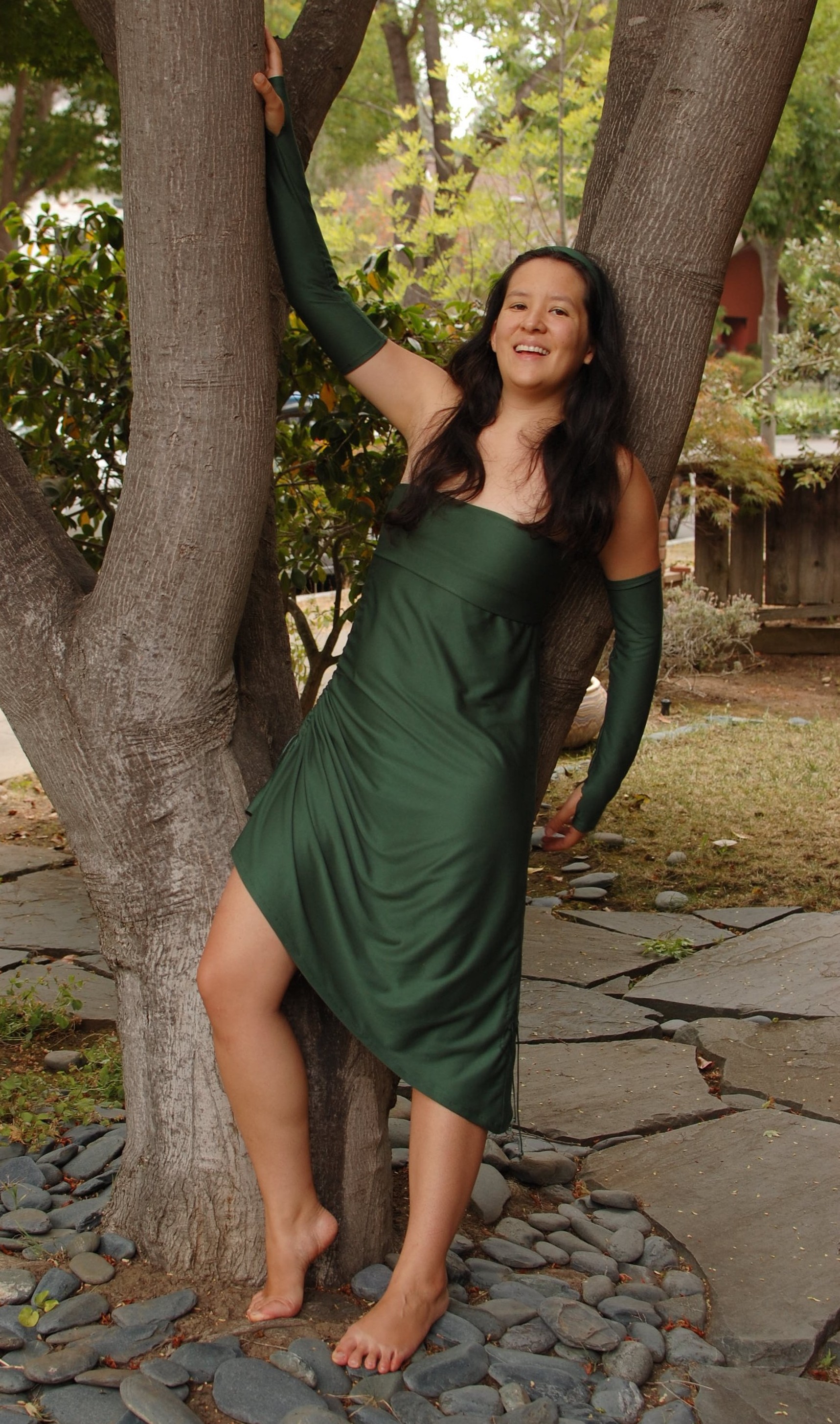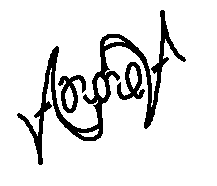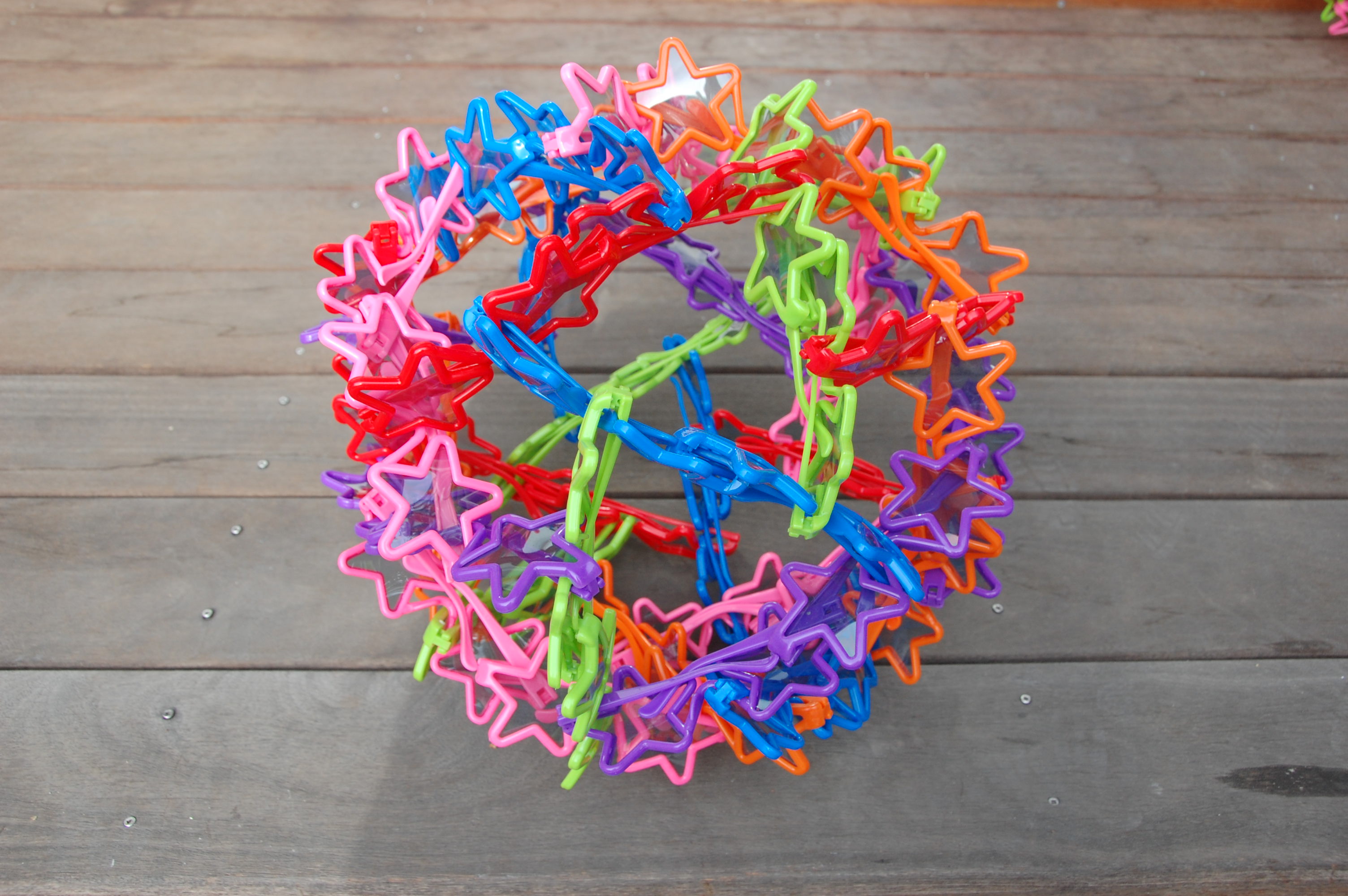I run into a lot of people who tell me that they don’t like math. It seems to be “cool” to claim that you dislike math (a result, I suspect, of the tedious and uninspiring way it is often taught in schools), and a lot of the things I do and write are intended to stimulate the realization that math is awesome and appears naturally in practically everything.
- Proportions in food? Math
- Movement of people on a dance floor? Math
- Folding a sheet of paper? Lots of math
These are all things where the math is *already there*. It just needs to be pointed out.
But the fundamental, required math in some things, like sewing, is so obvious that it would seem like it shouldn’t require a discerning eye to notice it.
Which is why I was taken aback when I met a professional clothing and sewing pattern designer who promptly informed me that she “doesn’t like math” when I mentioned what I do for a living. “But, doesn’t sewing require a lot of math?”
“It does. But I only like sewing math, not regular math.”

I didn’t get a chance to delve into this deeper, but I really wish I had because being good at the math involved in sewing is an awful lot like being good at the basic math that is taught is school, and, simultaneously, actually understanding how useful it is.
Off the top of my head, designing and adjusting sewing patterns requires a fairly good understanding of arithmetic, fractions (notorious for being the place where math loses people), geometry (including lots of circles!), and algebra. My best guess is that a lot of people learn the math required for sewing in a way that is more intuitive and immediately applicable and understandable than the math that is taught in schools. But it still seems odd to me that they would partition those math skills off as being something “different” and “more likable” than, well, math.
I do also wonder if the dislike of math is somehow trendy, or if there are gender norms involved. Seamstresses are traditionally female, while mathematicians are traditionally male. I, personally, went to school in a district where top students would turn down positions on the Mathcounts team because “girls don’t do math”. It would not be a difficult stretch to imagine those girls turning into women with real math skills who enjoy sewing, but have an aversion towards “mathematics”.
Have you ever met anyone who disliked math even when it seemed like they really ought to like it? Do you dislike math or have your own theories as to why someone might? I would love to get other peoples insights into this.





Edward Frenkel has a brilliant opening for his book “Love and Math” that helps explain why people think they hate math.
It’s something we’re successfully changing, at least for kids in K-5, with our video game Mathbreakers. We’ve heard weird comments from kids like “I liked it even though I knew I was doing math the whole time”.
Mathematics, like a language, should be taught by examples – by learning to recognise patterns. I know engineers who dislike mathematical formulations because of its sheer abstractness. I also know an illiterate carpenter who could compute fractions and convert between inches and centimetres better than any college student.
Hmm. It seems like a lot of this is coming down to how people are defining math. I’ve always assumed that most people without higher degrees in math-heavy fields think of math as “grade school math” because that is what they encounter. It seems to me that the whole point of teaching grade school math is for it’s useful applications in the real world (eg. sewing), so having a good appreciation and understanding of that math in it’s application, but still disliking it in it’s abstract seems particularly confusing to me.
And, yes, I agree that we need better ways to teach math.